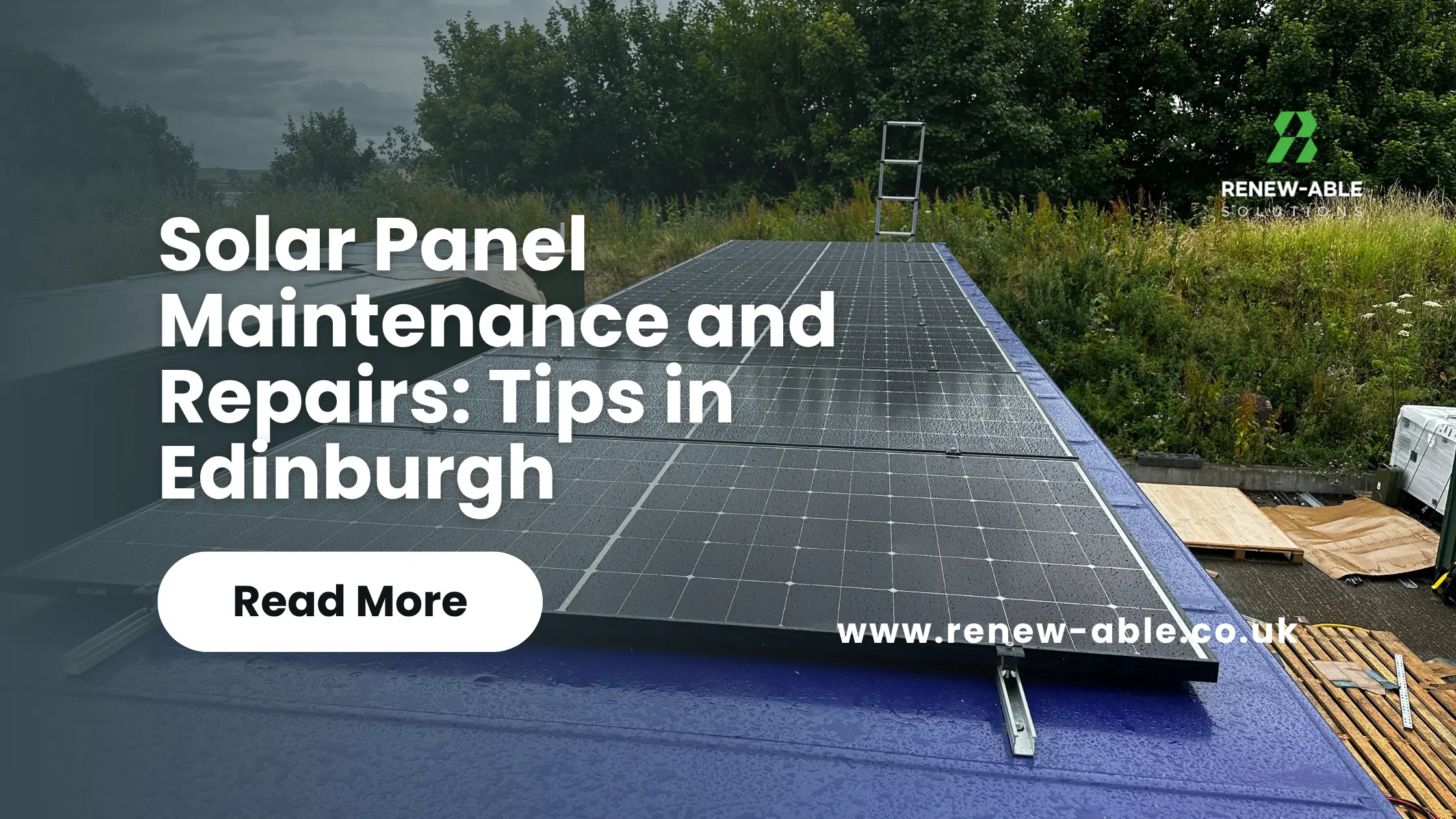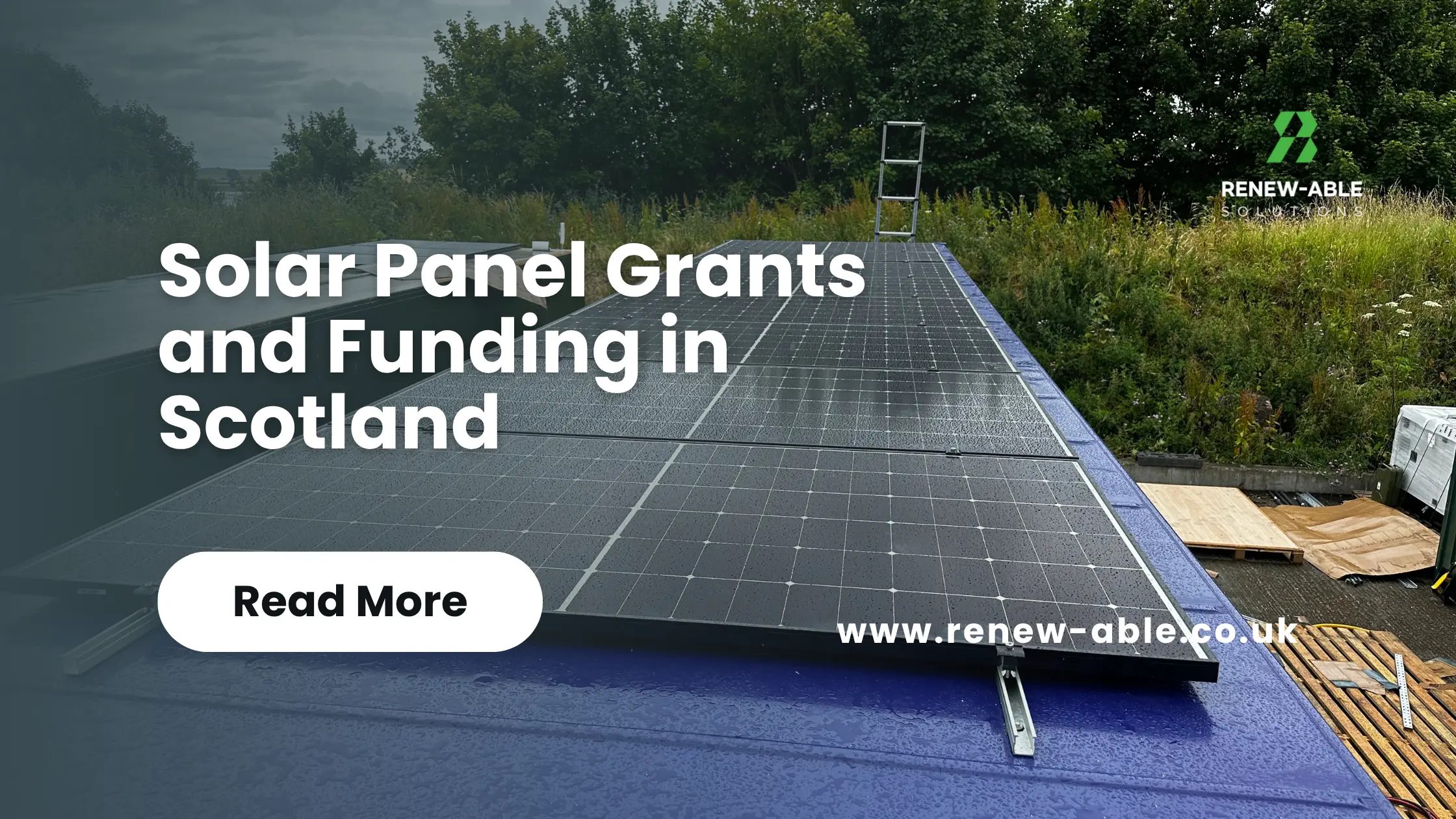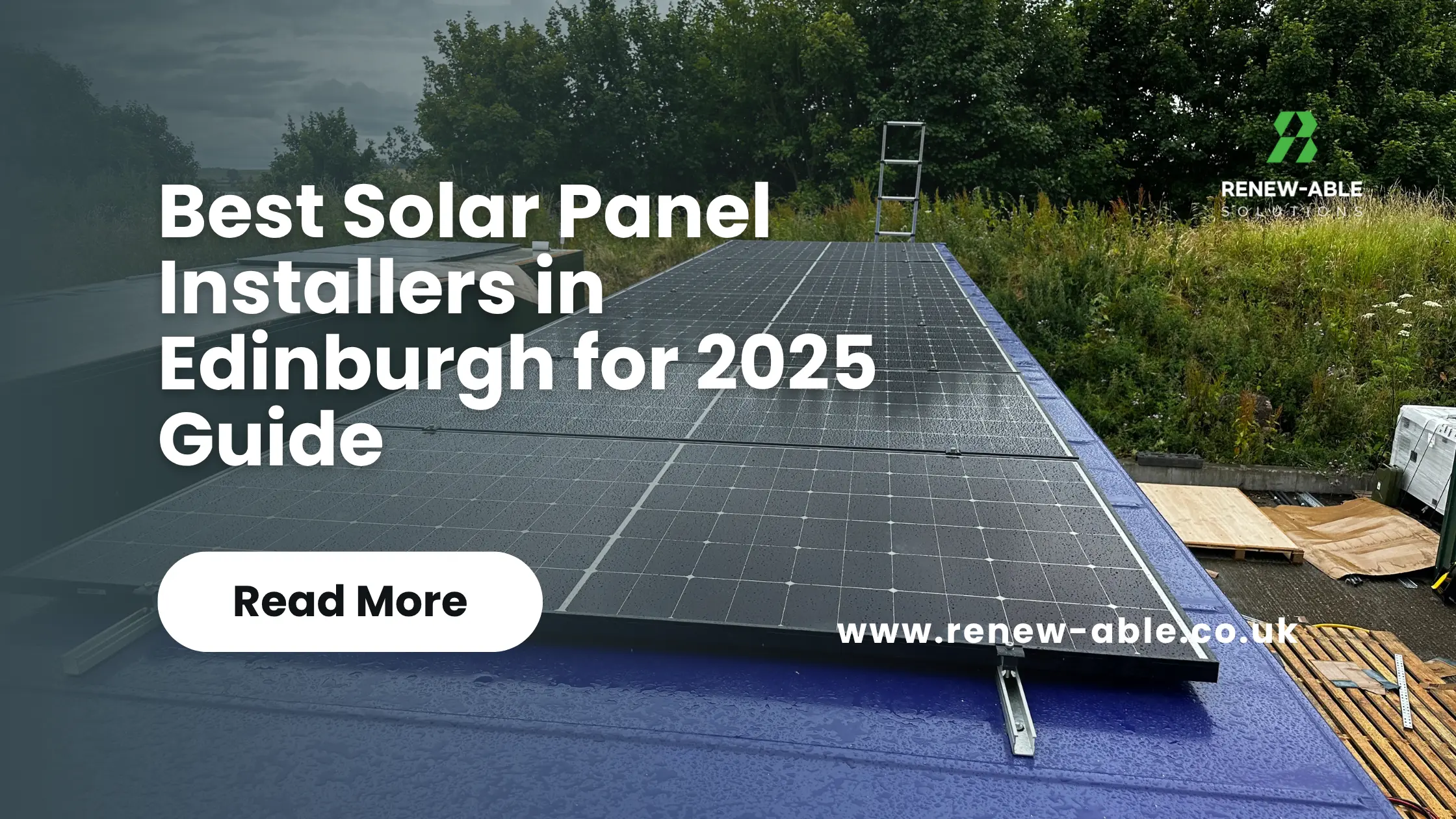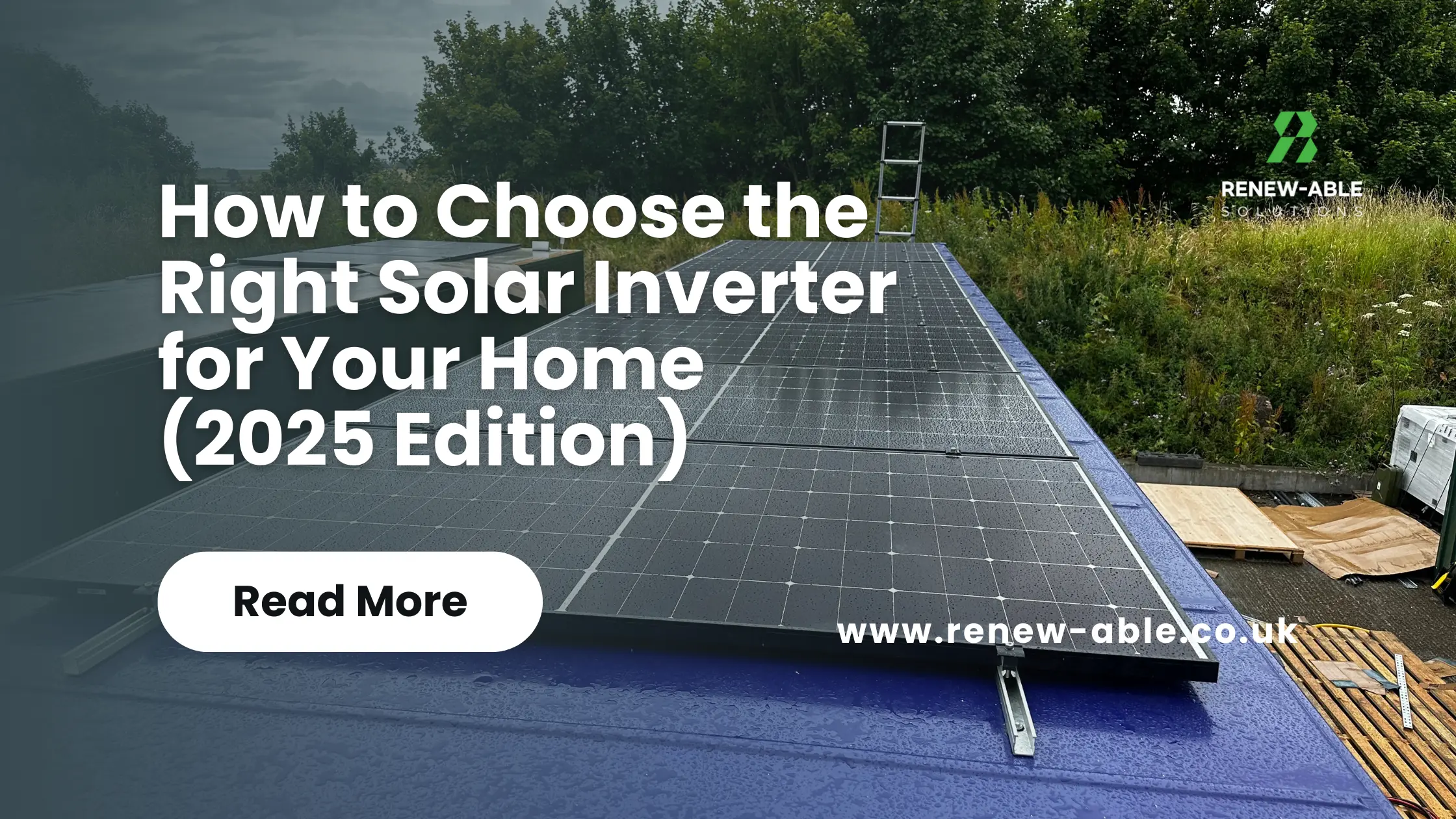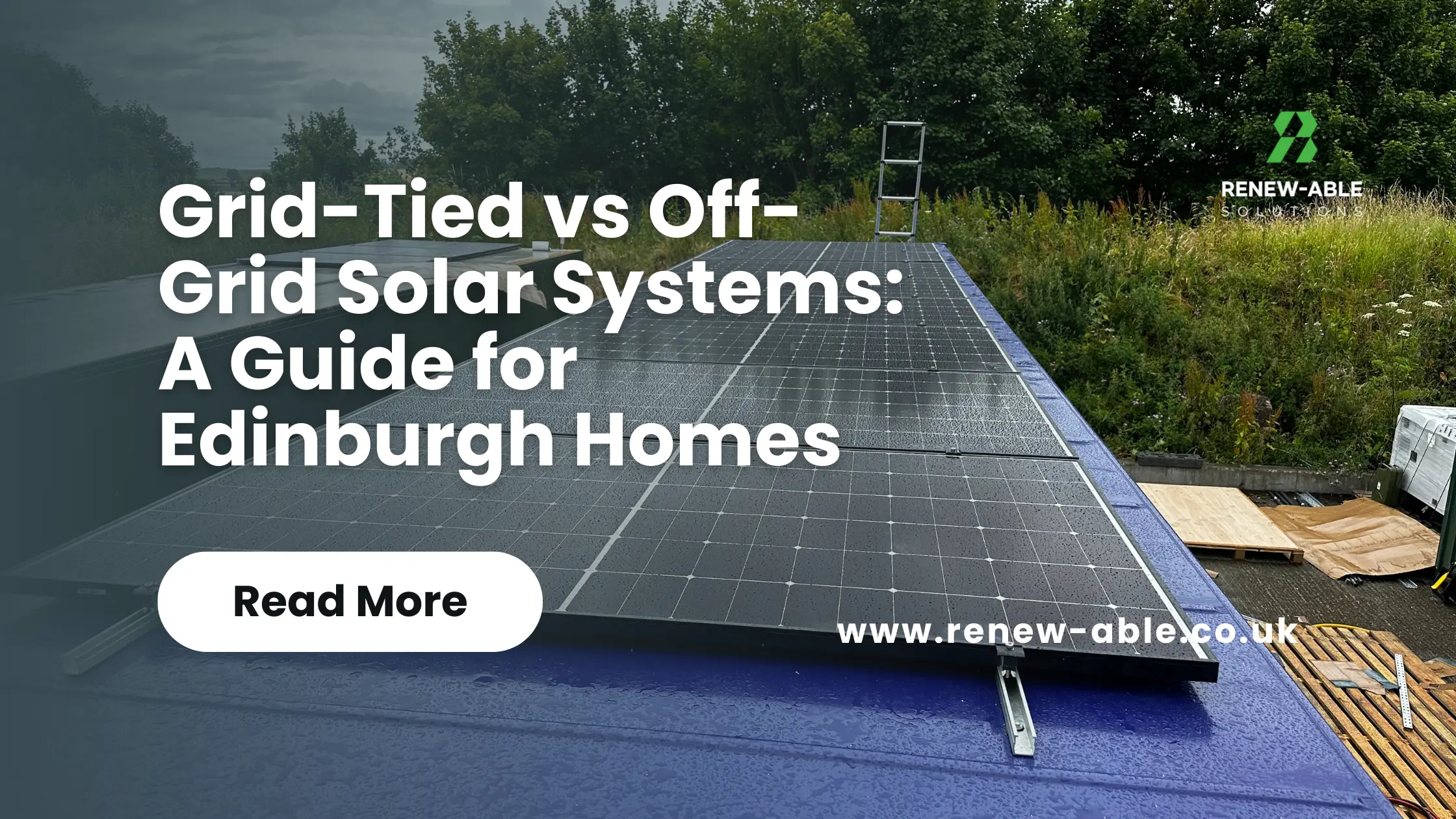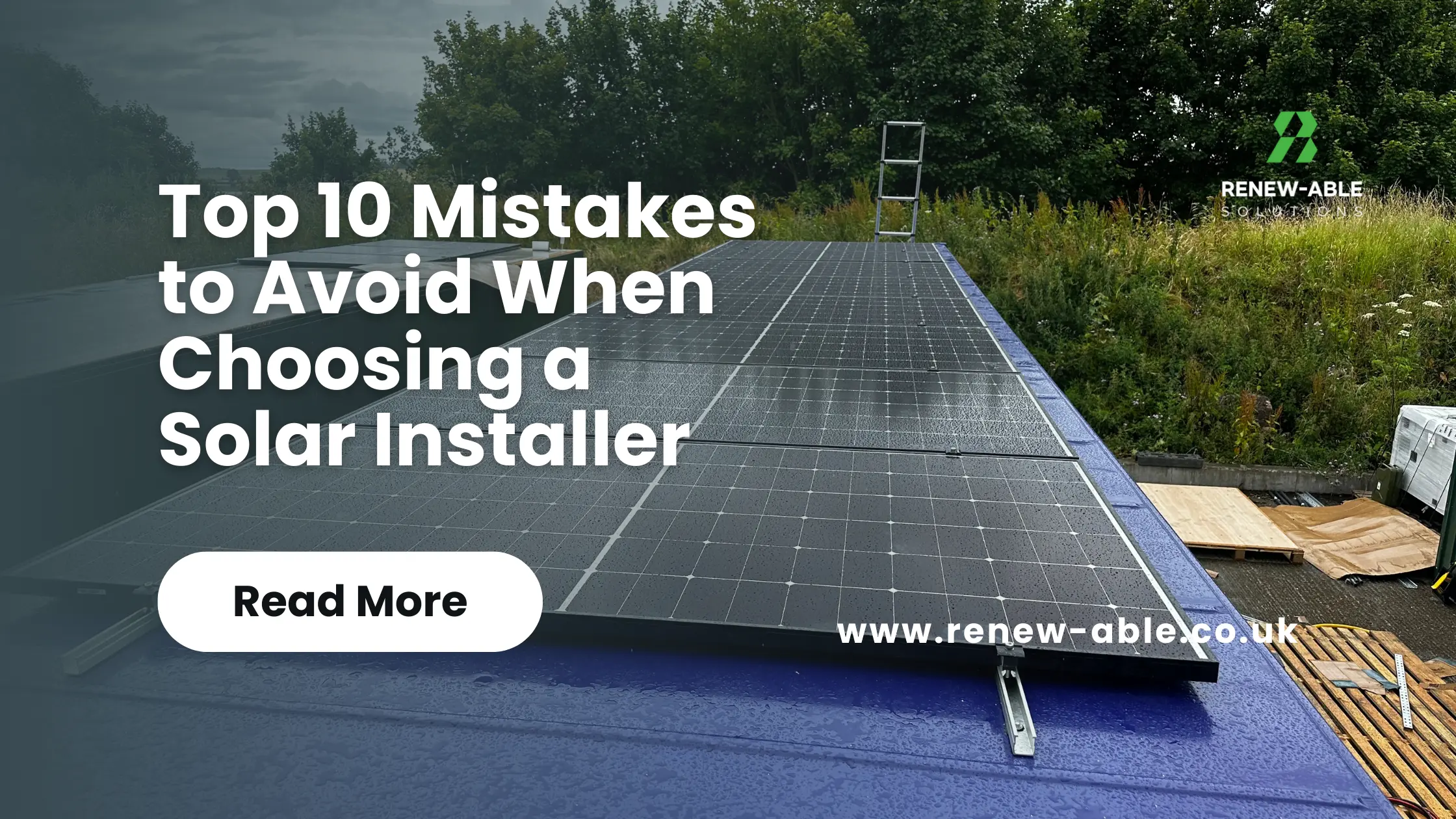Integrated Solar Roof Panels – Good or Bad?
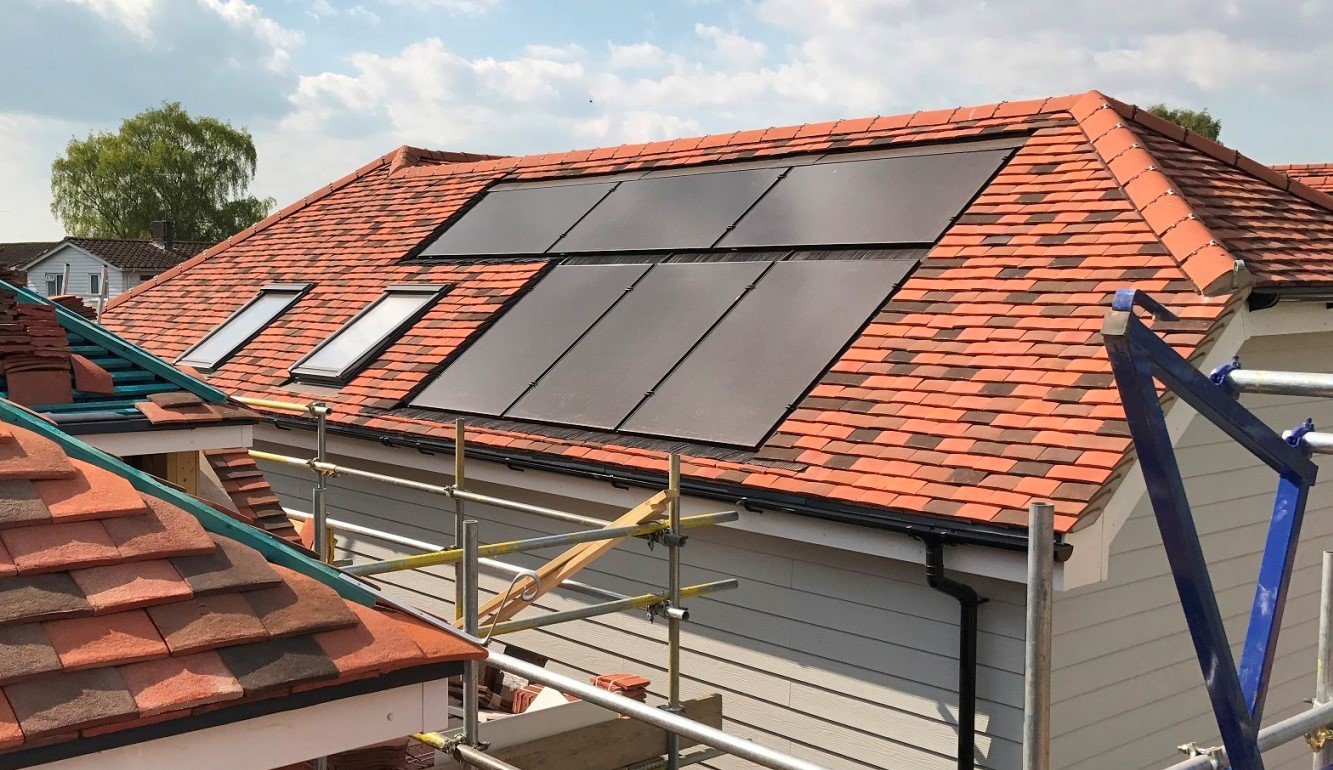
Introduction to roof integrated solar panels
‘In roof’ solar panels are very similar to ‘on roof’ panels, the only real differences being that with in roof solar panels, the panels serve a dual purpose, acting both as the roof covering and as generators of electricity. Tiles are not required under an in roof system.
In roof PV panels have the advantage that they tend to be more aesthetically pleasing as they sit lower in the roof and look like an intended part of the roof rather than an add-on.
The slight disadvantage is that the panels are harder to ventilate and the systems are generally 5-10% less efficient than on roof systems because they operate at higher temperatures.
In roof solar panels are the obvious choice when building a new property or when roof refurbishment works are being undertaken.
System choice and design considerations
The initial choice is whether to use a complete solar roof system or a system in which the solar takes up only a part of the roof.
The complete solar roof looks fantastic (see GB-Sol and Easy Roof Evolution below), but generally costs more than a partial roof system. A complete roof can be achieved using panels or PV slates (tiles). There may be a requirement to use ‘dummy panels’ to limit the size of the solar system (e.g. to fit with the load, or if size is constrained by the local grid).
A complete solar roof is usually only installed on a favourable elevation (facing east through south to west) and there may still be a requirement to choose a suitable covering for the north facing elevation.
If the system takes up only part of the roof, there will be a need to ‘tile’ around it and the join between the tiles and the low-profile solar panels becomes relevant, it is important to ensure that the panels sit as flush as possible to the adjoining roof tiles.
Broadly speaking there are two ways of achieving an in roof solar system:
- use standard panels mounted using an in roof frame such as the GSE system or EasyRoof Evolution;
- use a bespoke system for which the panels are made specifically, such as Viridian, SolFit or GB-Sol.
The GSE and EasyRoof systems offer the least expensive route. EasyRoof is particularly good with Velux windows and can also be used for a complete solar roof. The Viridian system may win on aesthetic grounds, with non visible roof hooks giving a cleaner look, although have a look at the EasyRoof pictures below – they look fantastic.
In order to ensure that the panels sit as flush as possible with the roof surface, it is important to allow for the system at the design stage. Partial roof systems have greater depth than the surrounding roof tiles which needs to be taken into account by the architect and structural engineer. Wind uplift pressures are higher when solar is roof integrated. In addition all systems require flashings; in some cases this can require bespoke and detailed design. We can do all of this for you.
Cost of on roof vs in roof vs complete solar roof
For new builds, the cost of the GSE or Easy Roof Evolution in roof system is on a par with the cost of an on roof system, at about £1,200 per kWp ex. VAT and scaffolding.
The in roof system doesn’t need roof tiles under it, and thus overall, it comes out cheaper.
The Viridian system is just under £200 per kWp more expensive than the GSE system.
The GB-Sol complete solar roof system is more expensive. Depending on the finer design points, the price can approach £3,000 per kWp. However, there is no need for tiling on the GB-Sol roof face.
GSE in roof mounting system
The GSE system is a mounting system, allowing the in roof installation of standard solar panels on new buildings or buildings being renovated. The system has the advantage that it fits 95% of solar PV panels available on the market. It can be designed to cover the whole roof surface if necessary, subject to panel size.
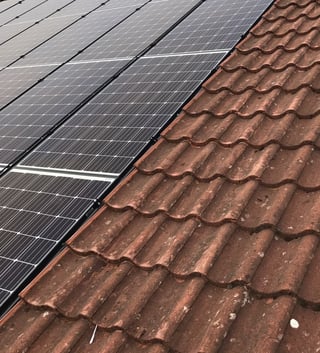
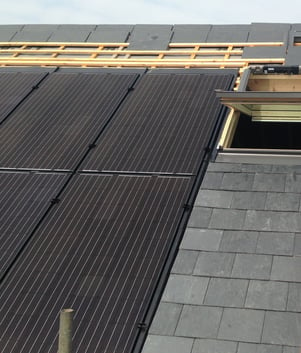
Panels can be installed in portrait format or in landscape format. The system can be installed on wood or metal structures and mounted on battens or lathing. It can also be mounted directly on common rafters and can be installed on slopes between 12° and 50°.
The system is guaranteed for 10 years. The system does not require any maintenance beyond that of a standard system, i.e. periodic electrical testing of the inverters and regular cleaning of the solar panels.
Benefits:
- MCS012 certified, thus ensuring systems installed can be MCS certified and qualify for an export tariff;
- choice of solar panel is down to the customer – option to use standard solar panels or high efficiency solar panels;
- robust design allows use in areas with heavy wind and snow loads (5,400Pa in pressure load and 3,460Pa in wind uplift resistance);
- quick and easy to install;
- manufactured using high pressure polypropylene injection moulding technology, hence flexible, resistant to shock and temperature variations (ranging from -20°C to 100°C);
- polypropylene plates and aluminium lateral flashings ensure durable corrosion resistance;
- lightweight and easy to transport;
- replaces the roof surface and ensures complete watertightness of the PV system;
- 100% recyclable;
- inexpensive: GSE integration kit is to date the most cost efficient in roof solar panel system on the market, making it ideal for retrofits and new construction.
Downloads:
- GSE Datasheet
GSE now also produces a Velux integration – the windows are fitted by your roofer, and then we fit GSE pods and panels around them.
Easy Roof Evolution system
The Easy Roof System is actually French, made by IRFTS Solar Solutions.
It’s an MCS (Microgeneration Certification Scheme) accredited, ventilated in roof mounting system.
Designed for simplicity, essentially each panel mount is like a tile, with a patented interlocking process between the mounts.
Panels can be mounted in portrait or landscape, on any type of roof (tiled or shingle). Flashings are used to achieve a watertight seal between the array and the adjoining tiles.
The mounts come with a 10 year warranty and are made using 100% recyclable material.
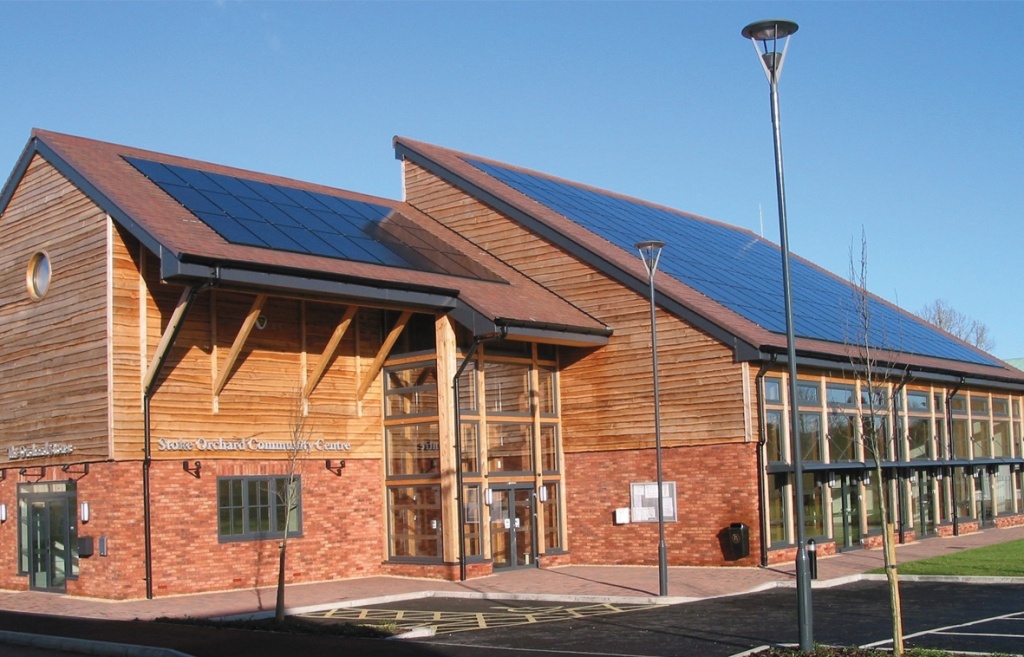
Easy Roof + Velux windows
IRFTS and Velux have teamed up to produce a special mount for a Velux Window, thus allowing placement of a window within the solar panel array.
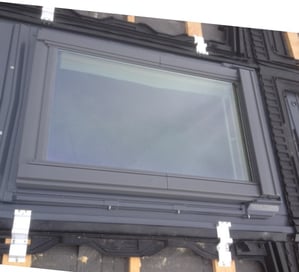
The mount is compatible with either a standard Velux MK06 (780 x 1,180mm) or the larger MK08 (780 x 1,400mm).
Once again it comes with a 10 year warranty.
The results look pretty good:
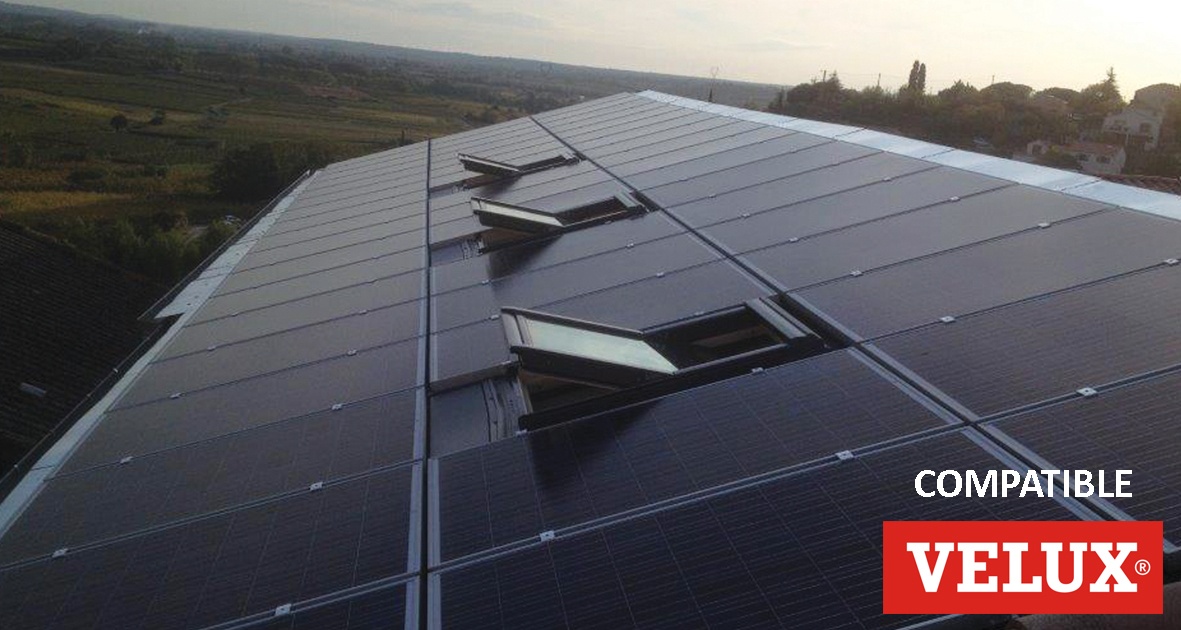
As in the picture above, or the one that follows, Easy Roof Evolution can be used to create a complete solar roof:
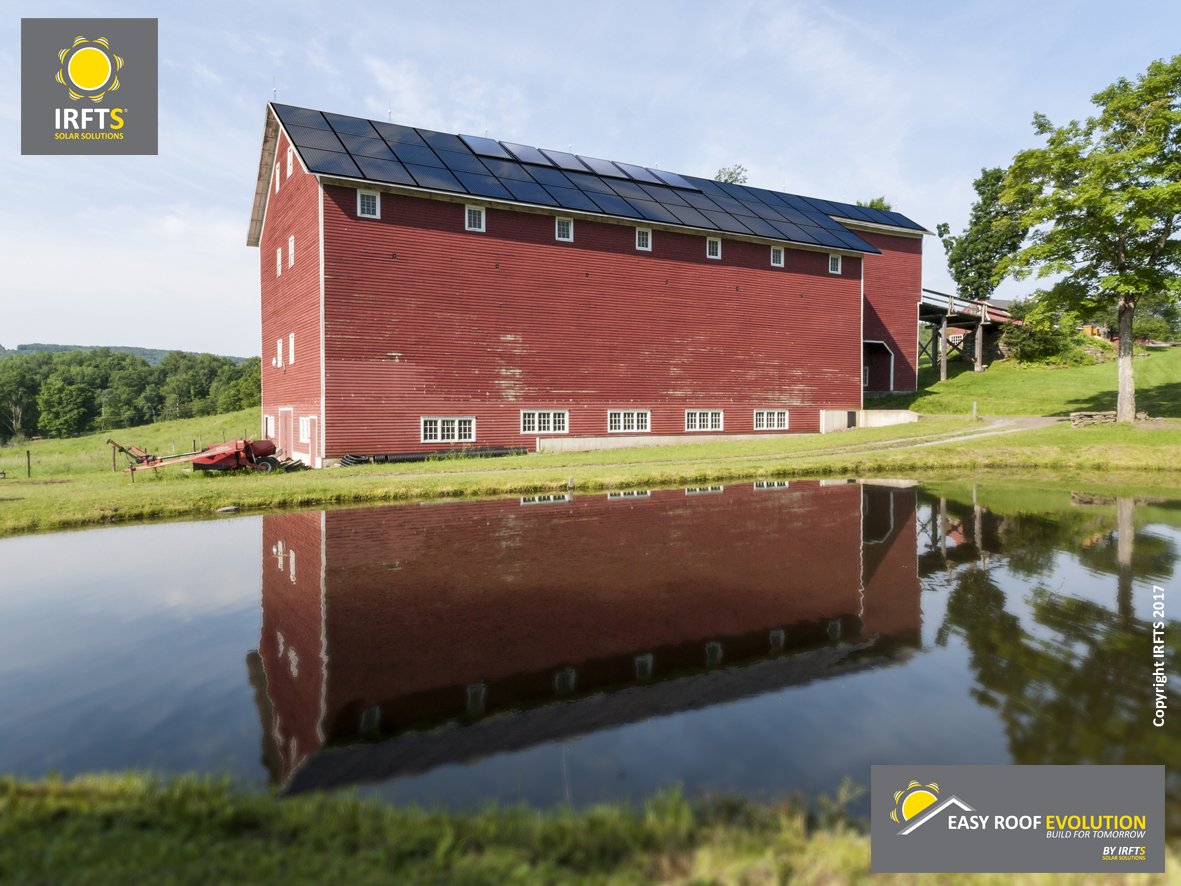
Viridian ClearLine Fusion system
Viridian makes a market leading system with a clean low-profile aesthetic. The system uses their own Clearline Fusion solar panels, with a module efficiency of between 16.6% (260W) and 19.2% (300W).
ViridianSolar%20-%20Low%20Res.jpg?width=600&name=3084-Persimmon-Banbury-integrated-solar(C)ViridianSolar%20-%20Low%20Res.jpg)
Benefits are as follows:
- sleek aesthetic for new build and retrofit. Aesthetic enhanced by invisible clamps and automated uniform spacing;
- compact, with industry leading panel spacing. Aesthetics are improved by the small and exact gaps between rows (5mm) and columns (30mm);
- exceptional fire performance, wind resistance and weather tightness without extra roof battens or adhesive flashing rolls;
- high certified wind resistance (5,300Pa). The certified wind resistance for Clearline Fusion is more than four times higher than some competitor products and ready for even the most exposed locations;
- range of sizes from 1.5m2 to 3.0m2: can be joined or spaced apart on the roof;
- compatible with the wide range of roof coverings – all commonly used slates and tiles;
- fitted during the normal roofing programme, enabling clarity of responsibility and safe working practices;
- Comes in a variety of sizes from 1.5m2 to 3.0m2;
- only 69 mm thick.
SolFit Top Loader BIPV system
The SolfFit system is a good looking system using EU manufactured 270Wp – 300Wp Bisol laminates housed within UK manufactured frames and flashings.
The system has under panel ventilation, allowing it to achieve panel outputs commensurate with that of standard on roof panels, in the range of 15.3% to 16.8%.
Benefits as follows:
- system has a 20 year weather tightness guarantee, as well as a standard 10 year PV product guarantee and 25 year PV linear performance guarantee;
- compatible with all slate and tile types;
- MCS 012 certified, enabling the installation to qualify for an Export Tariff;
- can be installed from eaves to ridge;
- module efficiency of 15.3% to 16.8% with positive power tolerance.
GB-Sol: complete solar roof using tiles or slates
GB-Sol makes complete solar roof and partial roof systems to order, using its RIS system. The system allows considerable flexibility in panel sizing and shape (triangular panels are possible) and flashing design.
GB-Sol also makes PV slates which can be used instead of panels to provide a complete roof covering.
The systems are the most expensive in roof systems but take solar aesthetics to another level, as witnessed by two of the systems that we have installed:
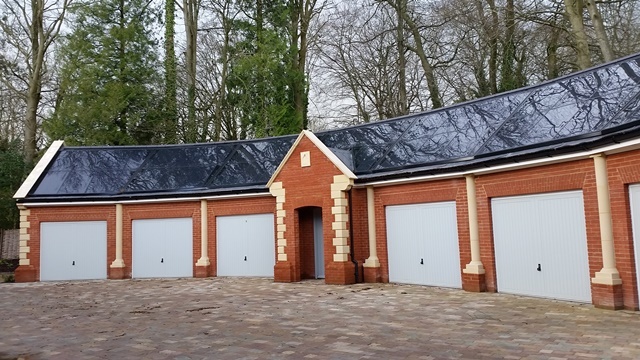
.png?width=703&name=Integrated%20(Gilpin).png)
Key features are as follows:
- manufactured in the UK, installed throughout the UK since 1995;
- self-sufficient in sealing the roof, requiring no additional membrane;
- ideal for full or part roof systems;
- suitable for facades;
- tested by BRE (Building Research Establishment);
- can be produced to exact dimensions with generating triangle and rhomboid shaped panels.
PV slate tiles
The solar PV Slate tile, also from GB-Sol, is a photovoltaic unit that visually emulates a row of 3 standard 24” x 12” (600 mm x 300 mm) ‘Duchess’ roofing slates. PV slates are installed using three stainless steel screws through pre-prepared holes along the top edge of the unit and two stainless steel roof hooks at the bottom edge of the slate, on a 262 mm batten gauge.

The solar PV Slate tile, also from GB-Sol, is a photovoltaic unit that visually emulates a row of 3 standard 24” x 12” (600 mm x 300 mm) ‘Duchess’ roofing slates. PV slates are installed using three stainless steel screws through pre-prepared holes along the top edge of the unit and two stainless steel roof hooks at the bottom edge of the slate, on a 262 mm batten gauge.
They are available in both blue-grey and black, to match different types of slate. They come with a 10 year product and performance warranty.
So is in-roof or on roof better? Read our article here to learn more about the pro’s and con’s of each.


